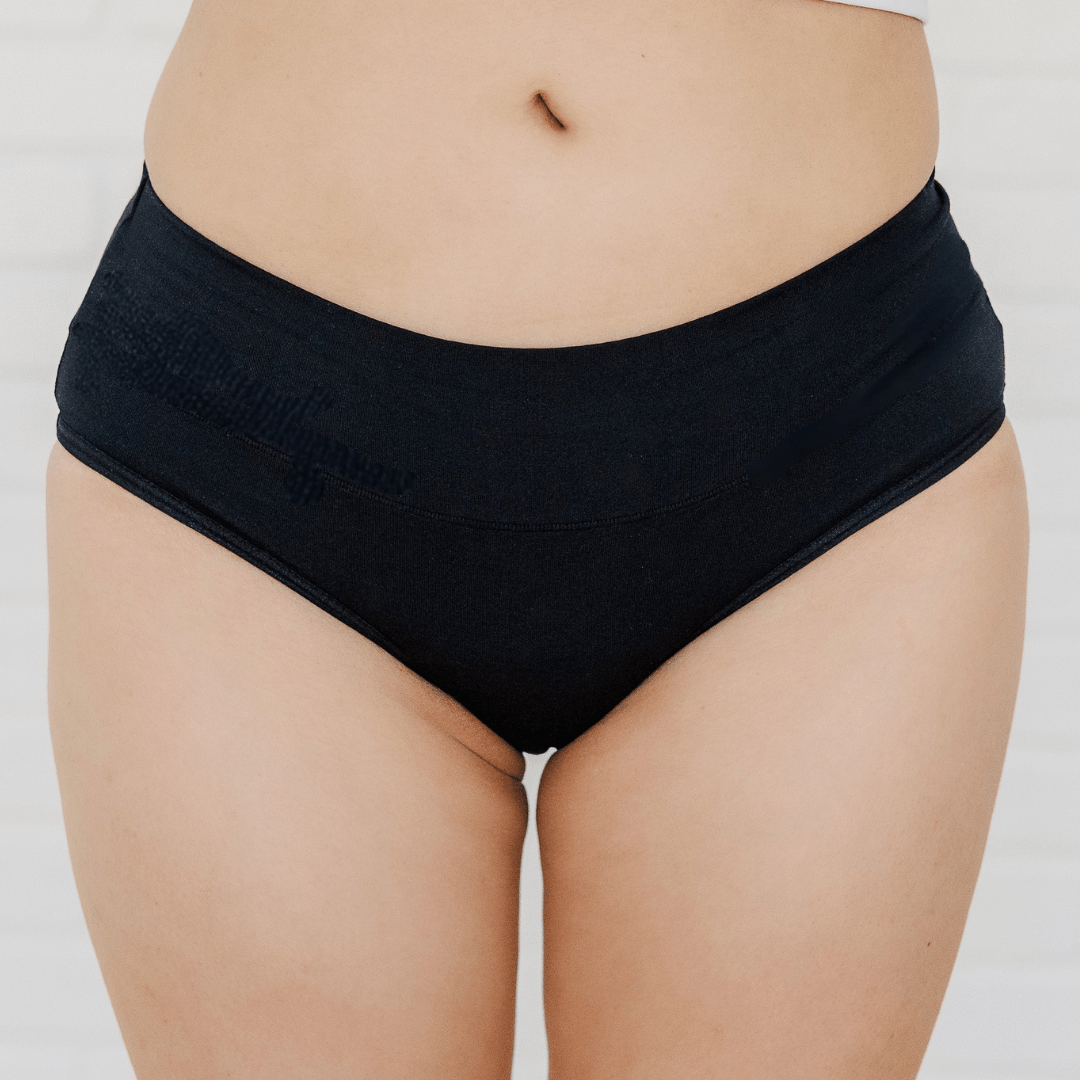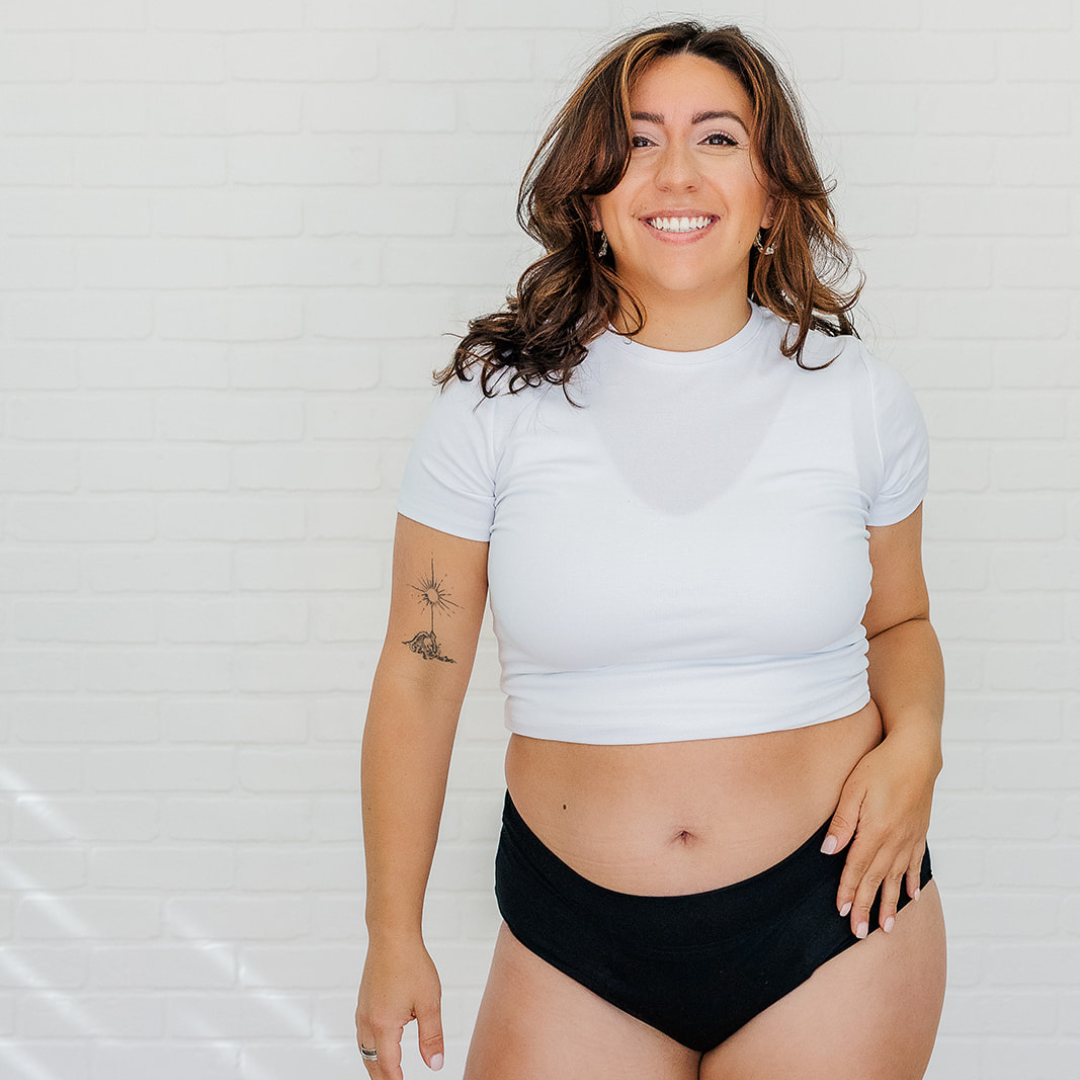Understanding Perimenopause: What Every Woman in Her 30s & 40s Should Know
The Shift No One Really Talks About
If you’re in your 30s or 40s and have noticed that your periods are… well, not playing by the rules anymore, you’re not imagining things.
Your body could be entering perimenopause — the natural transition toward menopause when hormone levels start to fluctuate and menstrual cycles become less predictable.
Despite affecting millions of women globally, this stage of life often flies under the radar. That’s why Menopause Awareness Month is so important — it’s about shining a light on what’s happening to our bodies, reducing stigma, and reminding women that change doesn’t have to mean chaos.
What Is Perimenopause?
Perimenopause literally means “around menopause.” It’s the time leading up to menopause, when your ovaries gradually produce less estrogen.
This phase can start as early as your mid-30s (sometimes even before that) and lasts anywhere from a few months to several years. You officially reach menopause once you’ve gone 12 months without a period — but perimenopause is the hormonal rollercoaster that gets you there.
Common Perimenopause Symptoms
Every body is different, but here are some of the most common perimenopause symptoms women experience:
- Irregular or missed periods
- Heavier or lighter bleeding
- Hot flashes or night sweats
- Sleep disturbances
- Mood swings or anxiety
- Vaginal dryness
- Brain fog or forgetfulness
- Weight fluctuations.
These changes can be confusing, specially when you’re still menstruating some months and not others. You’re not “losing it” — your hormones are simply recalibrating.
Pro tip: Keeping a cycle tracker (like Fri Period’s free printable one) can help you notice patterns and prepare for changes.
Your Cycle During Perimenopause: Expect the Unexpected
During perimenopause, your cycle might feel unpredictable — shorter one month, longer the next, or skipping altogether.
That’s because your ovaries sometimes release eggs irregularly, leading to fluctuations in estrogen and progesterone.
This hormonal inconsistency doesn’t just affect mood and sleep — it can also cause surprise bleeding when you least expect it.
That’s where period underwear can be a total game-changer.
Fri Period’s leak-proof undies are an eco-friendly, comfy backup for irregular cycles — giving you peace of mind (and saving your favorite jeans) when your period plays hide and seek. 🌸
Why Menopause Awareness Month Matters
October is Menopause Awareness Month, a time to open up honest conversations about this very normal part of life.
Too many women still feel blindsided by their symptoms — or worse, dismissed by doctors, partners, or even friends.
By raising awareness, we can normalize these changes, advocate for better care, and remind each other that there’s strength in understanding what our bodies are doing.
You’re not “crazy,” “too emotional,” or “getting old.” You’re transitioning — beautifully and powerfully — into a new phase of womanhood.
How to Support Your Body During Perimenopause
Here are some ways to nurture your physical and emotional well-being through this transition:
1. Prioritize Nutrition
Eat a balanced diet rich in whole foods, lean proteins, and phytoestrogen-containing foods like flaxseeds and lentils to support hormonal balance.
2. Move Your Body
Exercise helps regulate hormones, manage weight, and reduce stress. Aim for a mix of cardio, strength, and relaxation-based movement like yoga.
3. Sleep Like a Queen
Hormonal fluctuations can wreak havoc on sleep. A consistent bedtime routine, reduced screen time, and magnesium supplements can help.
4. Manage Stress
Cortisol (your stress hormone) can amplify perimenopause symptoms. Try meditation, journaling, or a long bath — bonus points if it’s with epsom salts.
5. Talk About It
The more we share, the less stigma there is. Open up with your friends, family, and healthcare provider. You deserve support.
When to See a Doctor
If you experience severe symptoms — like very heavy bleeding, intense mood swings, or hot flashes disrupting daily life — don’t just “push through.”
There are plenty of treatments available, from lifestyle changes to hormone therapy. You don’t have to navigate perimenopause alone.
Conclusion: Embrace the Change
Perimenopause isn’t the end of your femininity — it’s a new chapter in understanding your body.
This Menopause Awareness Month, let’s celebrate the wisdom, resilience, and beauty that come with this stage of life.
And remember: Whether it’s surprise cycles or self-discovery, Fri Period is here to support you with comfort, confidence, and care — every step of the way.
FAQs
1. What age does perimenopause usually start?
Most women start noticing changes in their mid-to-late 30s or 40s, though timing varies.
2. Can you still get pregnant during perimenopause?
Yes. Until you’ve gone 12 months without a period, ovulation is still possible — even if irregular.
3. What’s the difference between perimenopause and menopause?
Perimenopause is the transition phase leading up to menopause, which marks the end of menstrual cycles.
4. How can I track my perimenopause symptoms?
Use a cycle tracker or journal to log symptoms, emotions, and cycle patterns. Try Fri Period’s free printable tracker.
5. Are period underwear useful during perimenopause?
Absolutely. With irregular bleeding, Fri Period underwear offers leak-proof protection and all-day comfort — no surprises, no stress.











